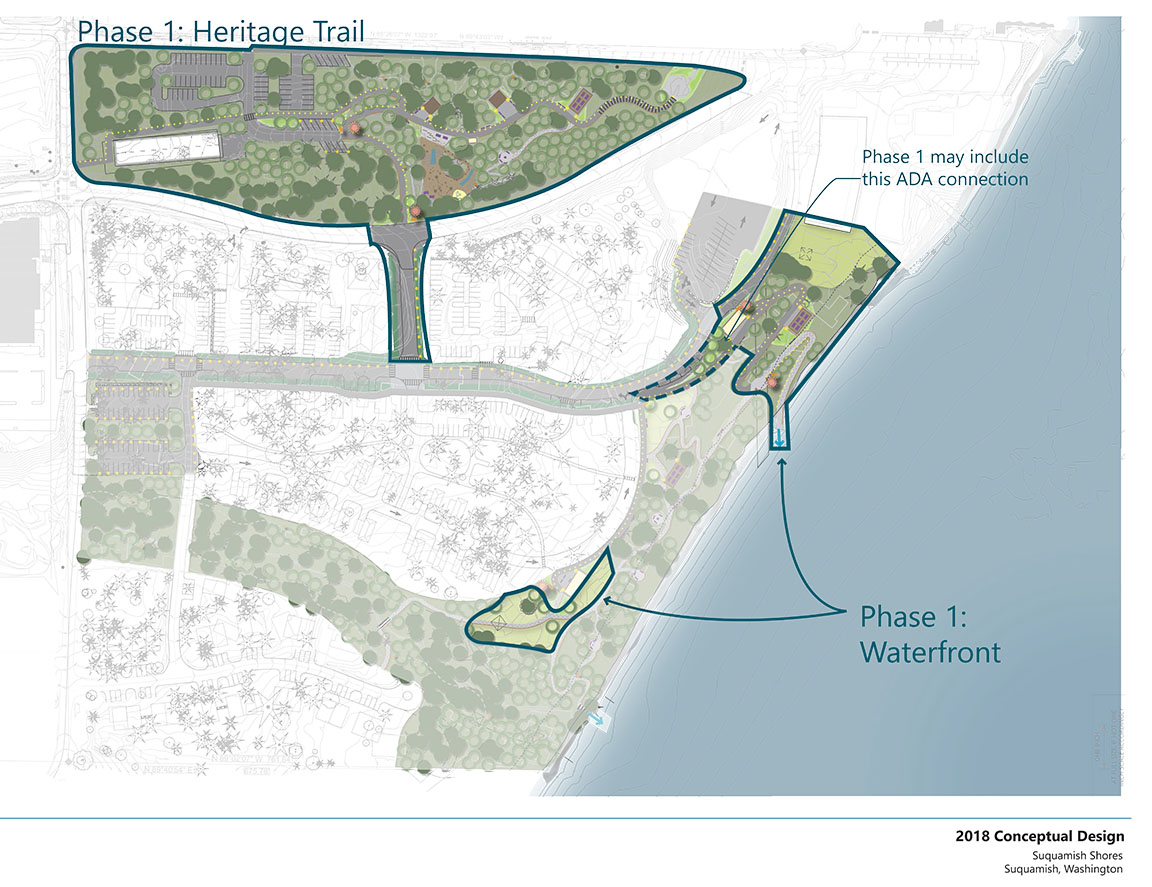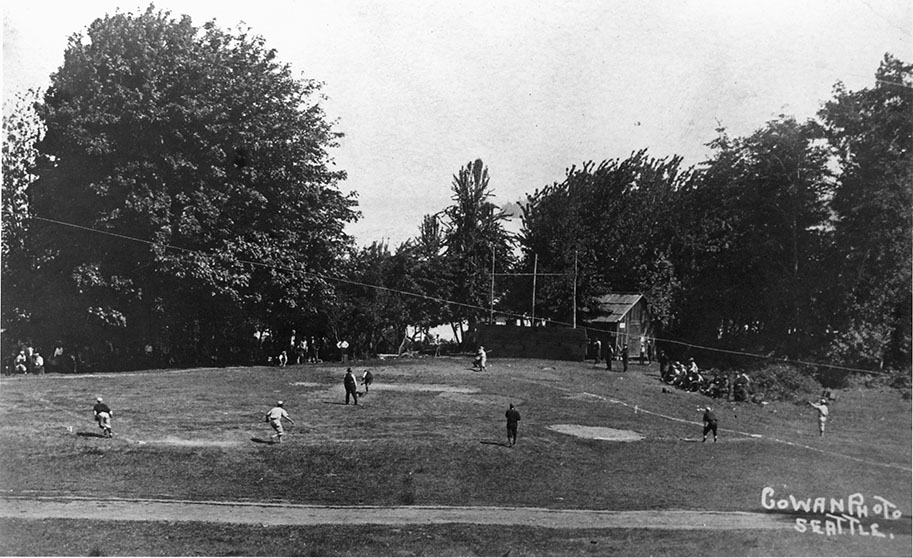In a Fitness Rut? Try Something New with These Free Resources
If you find yourself in a fitness rut, it may be time to find a new groove, says Suquamish Tribe’s Fitness Center manager and exercise expert Stephanie Kunold.
Just because everyone needs to be staying at home right now, doesn’t mean you can’t try something new, she says. In fact, now more than ever it’s important to push your body and boost your immune system with exercise.
“If nothing else, spending more time at home right now means we can spend some of that time trying out new ways of improving our fitness. Even if we just spent half an hour a day trying something new on YouTube, chances are great we’d find a workout style we really love,” says Kunold. “Or even just try new areas outdoors to walk with your family or dog.”
To help you get you focused on a new fitness path, consider checking out this 8-step workout booster plan from EXOS on beating the exercise breakdown that many find themselves wrestling with right now, says Kunold.
One great tip: Keep it quick and simple.
“Adjusting to your new normal means that you might not have time for your favorite hour-long run or bike ride. That makes committing to workouts that are quick, simple, and easy to fit in between home-schooling, conference calls, and cooking meals a must,” writes EXOS author Kara Hawking.
If you’re ready to get moving with something new, here’s five free workouts on YouTube — all a half hour or less — that Kunold recommends sampling to help kickstart to your revamped exercise program:
15-Minute Beginner’s At-Home Cardio Workout – Everyone has to start somewhere. And when it comes to cardio, working out in the comfort of your own home is a great place to start. You don’t need any equipment for this workout, just a can-do attitude.
Family Friendly Fun Workout — Get your heart rate up in your living room with this fun workout from Class FitSugar host Anna Renderer. Featuring cardio moves that feel like games and challenges where the winner gets prizes — like choosing what’s for dinner — this workout is the perfect way for the family to get active together.
30-Minute No-Equipment HIIT Workout – High Intensity Interval Training, or HIIT for short, will definitely help you take it up a notch. Torch calories with this HIIT workout from Le Sweat founder Charlee Atkins. Includes three circuits that are going to get your heart rate up and have you feeling the burn.
30-minutes or less Yoga classes – This 59-class series promises to have something for everyone, with enough variety to please everyone from beginners to experts.
30-Minute Hip-Hop Fit Workout – Get ready to unleash your inner dance and fitness beast with Hip-Hop Fit creator Mike Peele! This class is for everyone from beginners to advanced. Just get ready to push your mind and body to the next level!
EXOS Livestream – If you prefer live, but socially distanced workouts, try the EXOS livestream, with exercise programming for all levels, as well as yoga and meditation sessions, and even kids’ workouts.
Finally, says Kunold, don’t forget to follow Suquamish Fitness Center’s Facebook page where there are two new daily workouts posted Monday through Friday. One offers simple no-equipment body weight exercises and other is designed for those who have some basic fitness gear.



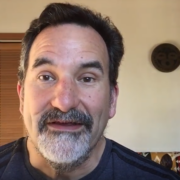
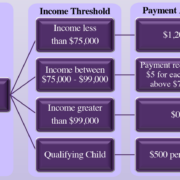
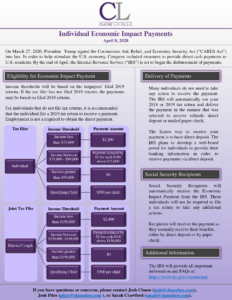

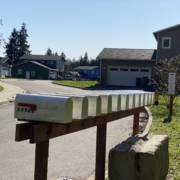
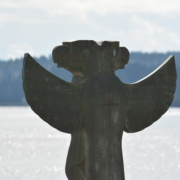
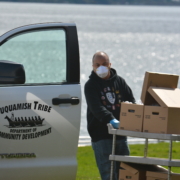














 The Suquamish Tribe is celebrating the return of 36 acres located on the shores of the Port Madison Indian Reservation.
The Suquamish Tribe is celebrating the return of 36 acres located on the shores of the Port Madison Indian Reservation.